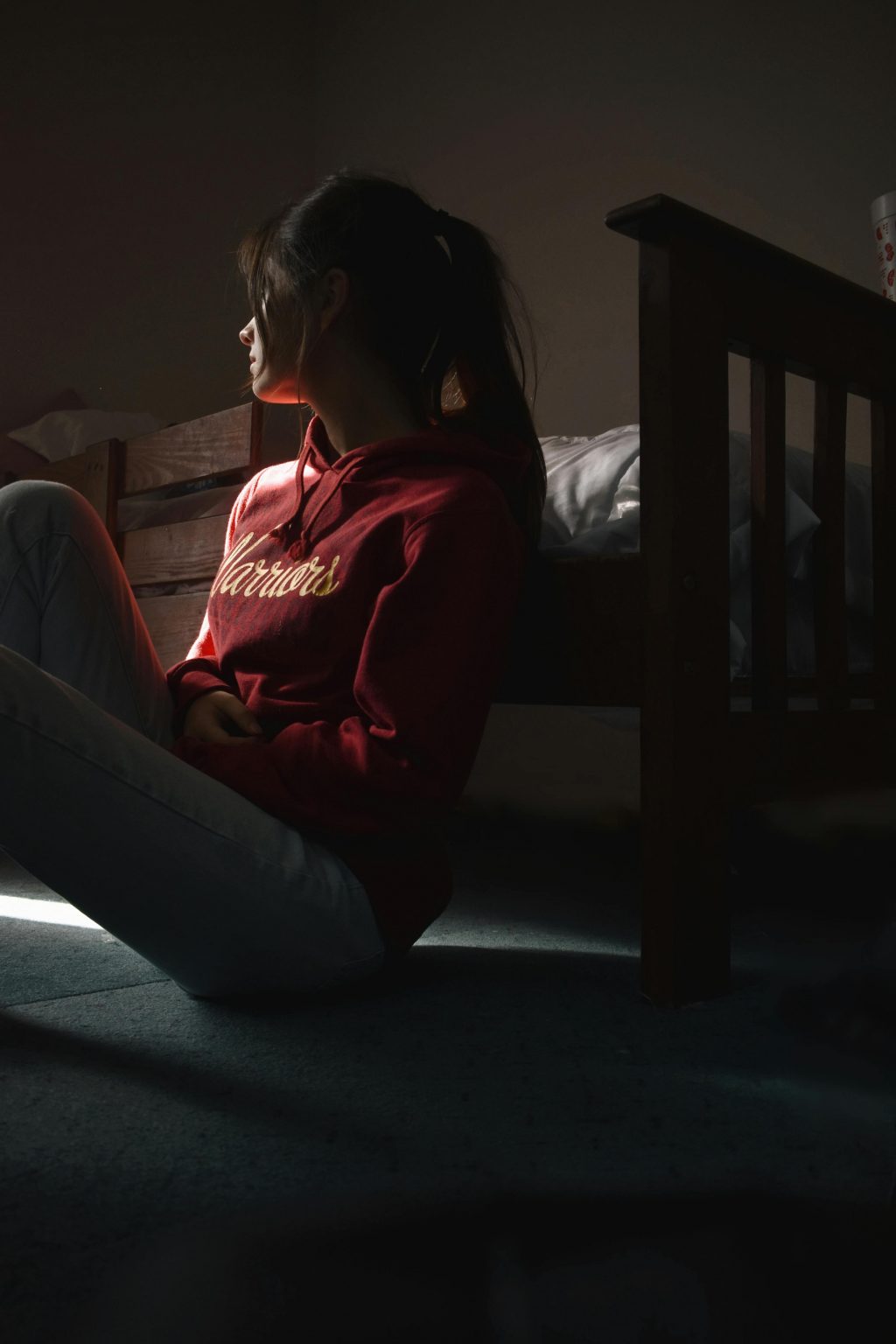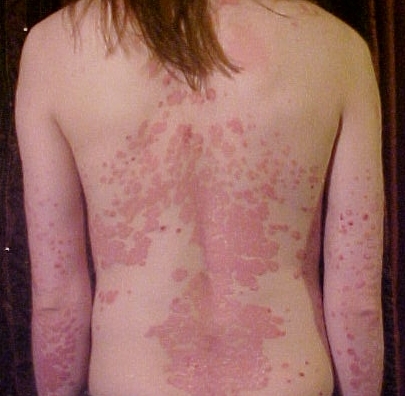
“Mamma, Why Me?” – The Silent Struggles of Children with Psoriasis
Many children are misdiagnosed at first, told it’s just eczema or a fungal infection. But with psoriasis, proper diagnosis is key — as well as emotional support.
Psoriasis is a condition that doesn’t just affect the skin — it touches every part of a person’s life, especially when it starts young. For us, it’s more than just a medical word. It’s part of our family’s journey, our tears, our courage, and our fight to stay strong.
My eldest daughter was the first in our family to show signs of psoriasis. Thankfully, her condition was mild, with manageable outbreaks that came and went. But when my youngest daughter turned 14, everything changed. Right in the middle of her teenage years — the time when a young girl starts caring deeply about how she looks and fits in — her skin started fighting against her.
It started on her scalp. “Maybe it’s just dandruff,” we told ourselves. But it wasn’t. The red, itchy patches began to spread — first slowly, then rapidly, creeping from her head to her back, arms, and eventually her legs. Every school holiday, I would pray that her legs would stay clear. I just wanted her to go back to school without anyone asking, “What’s wrong with you?”
As a mother, it broke me.
We cried together. We ran from one doctor to another. Specialists, hospitals, tests — all of it, just to hear the same answer: “There is no cure.”
Psoriasis is an autoimmune condition that causes skin cells to build up too quickly, leading to red, scaly patches. For some, it stays in one place. For others, like my daughter, it spreads and flares without warning. It’s not contagious. It’s not dirty. But the world doesn’t always understand that.
I had to teach my daughter to make peace with this skin she didn’t ask for — skin that felt like it betrayed her. But how do you explain to a teenager that this is her new “normal”? That she might never wear shorts or bikinis with confidence again? That hiding her skinny legs under long skirts isn’t something she should feel ashamed of?
It wasn’t easy.
Special shampoos, cortisone creams, treatments that cost more than we could afford — all just to help her look as “normal” as possible. And still, underneath her beautiful face and brave smile, she was hurting.
She would sit quietly at the beach while girls her age laughed in their bikinis. She’d wear long dresses in the heat of summer just to avoid the stares. She never said much — but I saw it in her eyes.
Psoriasis is more than a skin condition — it’s an emotional battle.
The emotional impact on children and teenagers is often overlooked. Psoriasis can cause:
- Low self-esteem
- Anxiety and depression
- Social withdrawal
- Fear of judgment or bullying
- Body image struggles
Many children are misdiagnosed at first, told it’s just eczema or a fungal infection. But with psoriasis, proper diagnosis is key — as well as emotional support.
Over time, we discovered that a healthy diet, stress reduction, and gentle skincare routines helped manage her symptoms better. But what helped the most was encouragement. I reminded her: “Don’t let this skin steal your memories. Live your life, my girl.”
She’s learning to do just that. Slowly, step by step.
To the moms, dads, and caregivers out there — if your child is facing psoriasis, know that you’re not alone. Be their cheerleader. Be their voice. Help them understand that beauty isn’t skin deep. And to every teenager battling with this condition, please remember you are stronger than your skin. You are not your diagnosis. You are brave, beautiful, and enough.

